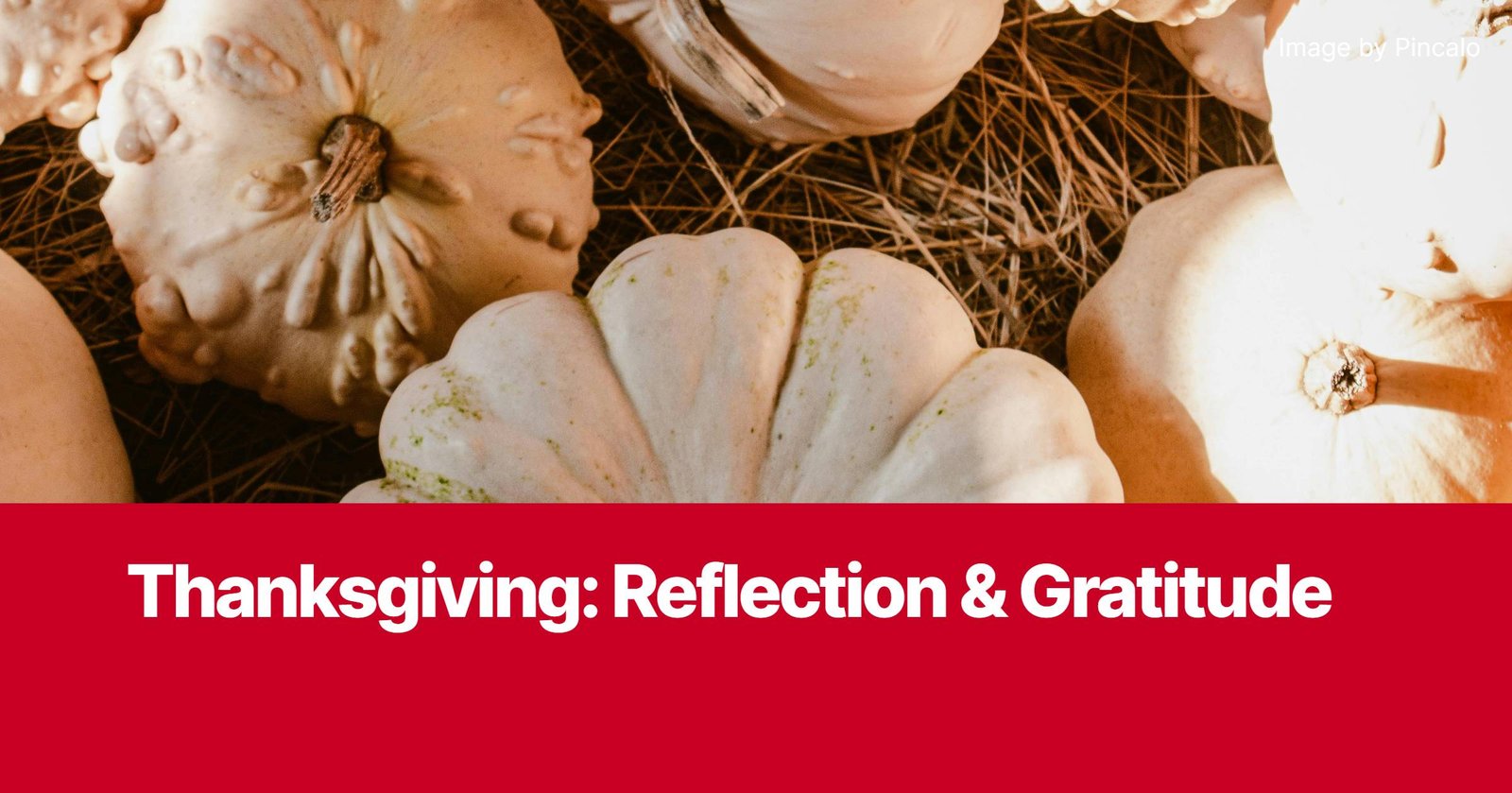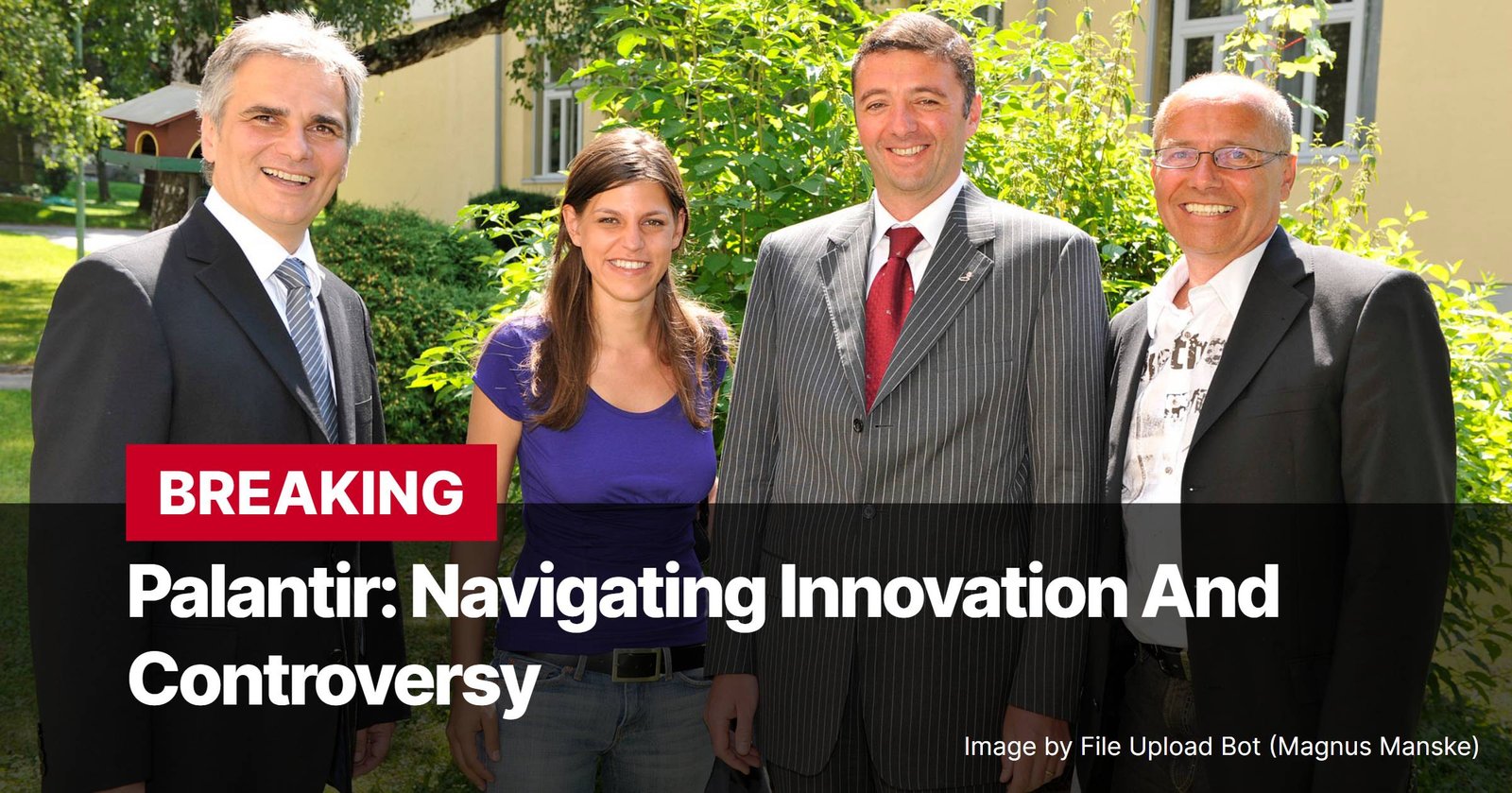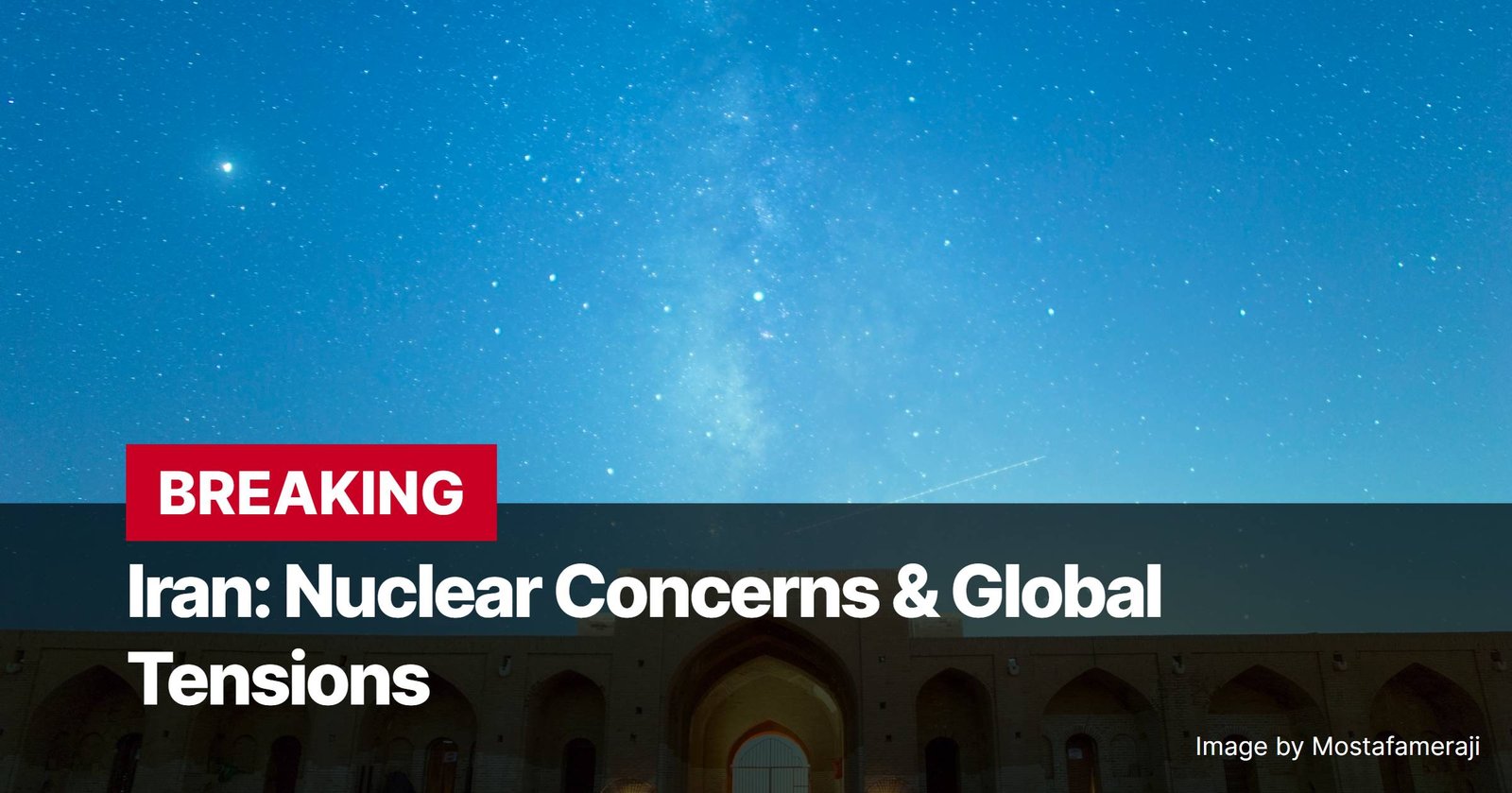Thanksgiving, a holiday steeped in tradition and symbolism, arrives this year amidst a backdrop of global uncertainty and economic anxieties. As families gather around laden tables, the spirit of gratitude intertwines with reflections on the challenges and triumphs of the past year. While the familiar aromas of roasted turkey and pumpkin pie fill homes across the nation, the conversations around those tables may delve deeper than usual, exploring not just personal blessings, but the broader context in which we give thanks.
The origins of Thanksgiving, often romanticized as a harmonious gathering between Pilgrims and Indigenous peoples, are being reexamined with a more critical eye. This re-evaluation prompts a deeper understanding of the complex historical narrative, acknowledging both the celebration of harvest and the subsequent struggles faced by Indigenous communities. This nuanced perspective allows for a more inclusive observance, recognizing the diverse experiences and interpretations of this historical event.
Thanksgiving 2024 arrives as many families grapple with the rising cost of living. The traditional feast, once a symbol of abundance, is now impacted by inflationary pressures. Reports indicate that the cost of turkeys and other Thanksgiving staples has increased significantly this year, forcing many families to make difficult choices and adapt their celebrations. This economic reality underscores the importance of community support and charitable initiatives that provide Thanksgiving meals to those in need.
Beyond the economic considerations, the holiday season also intersects with ongoing social and political discourse. Recent reporting highlighted debates about the true meaning of Thanksgiving, with some advocating for a greater focus on historical accuracy and a recognition of the ongoing struggles faced by marginalized communities. Others emphasize the importance of unity and shared traditions as a source of strength in a divided world. These differing viewpoints contribute to a richer, more nuanced understanding of the holiday’s significance in contemporary society.
Despite these complexities, the core message of Thanksgiving remains a powerful one. In a world grappling with conflict and uncertainty, the act of giving thanks, whether for personal blessings or for the resilience of the human spirit, offers a moment of reflection and hope. This year, perhaps more than ever, Thanksgiving serves as a reminder of the importance of community, empathy, and the enduring power of gratitude in the face of adversity. As families gather, they may find themselves expressing gratitude not only for the tangible blessings on their tables, but also for the intangible gifts of connection, resilience, and hope that sustain us through challenging times.

This Thanksgiving, the traditional festivities will continue, with parades filling city streets and football games captivating audiences. Yet, alongside these familiar rituals, there is a growing awareness of the need for deeper reflection and a more inclusive understanding of the holiday’s historical and social context. This evolving perspective allows us to embrace the spirit of gratitude while acknowledging the complexities of our shared history and the challenges that lie ahead. As we give thanks this year, let us also remember the importance of empathy, compassion, and a commitment to building a more just and equitable world for all.



















